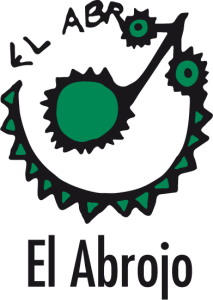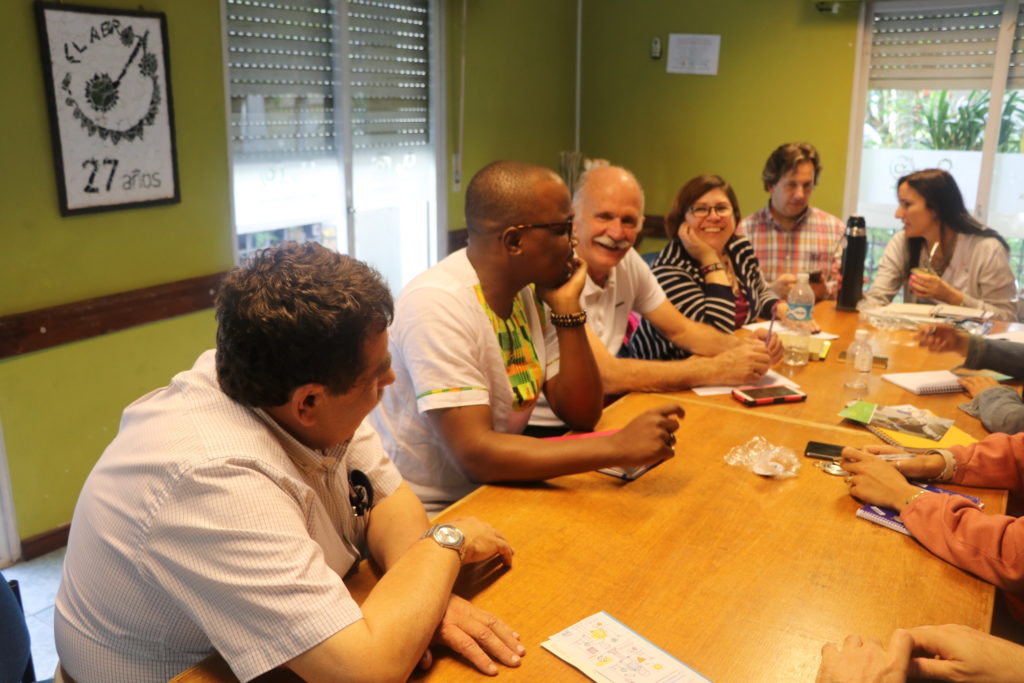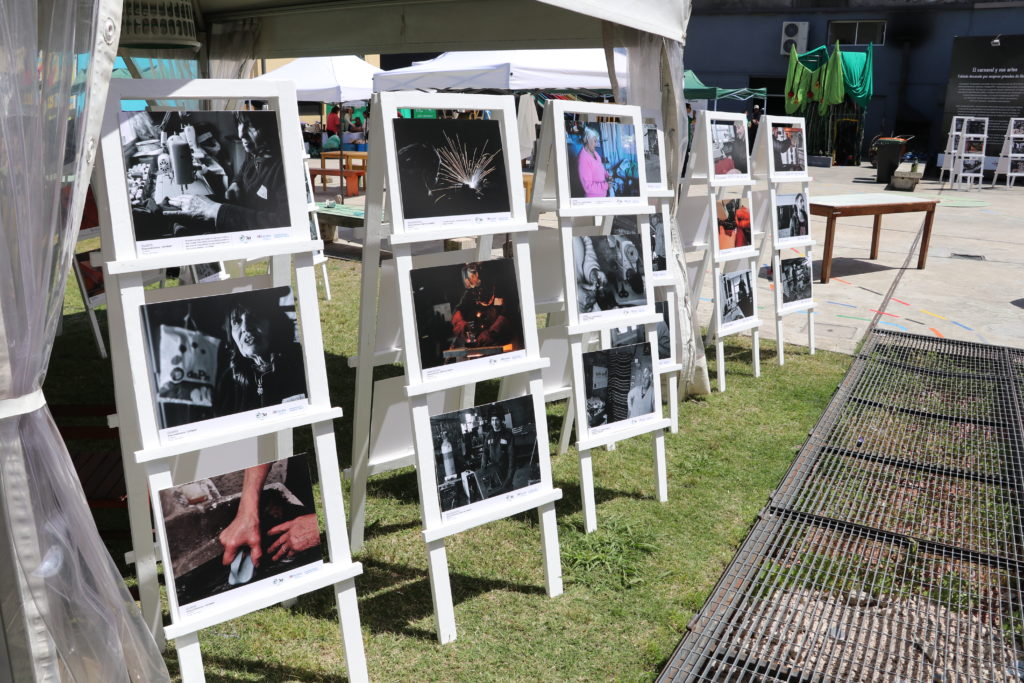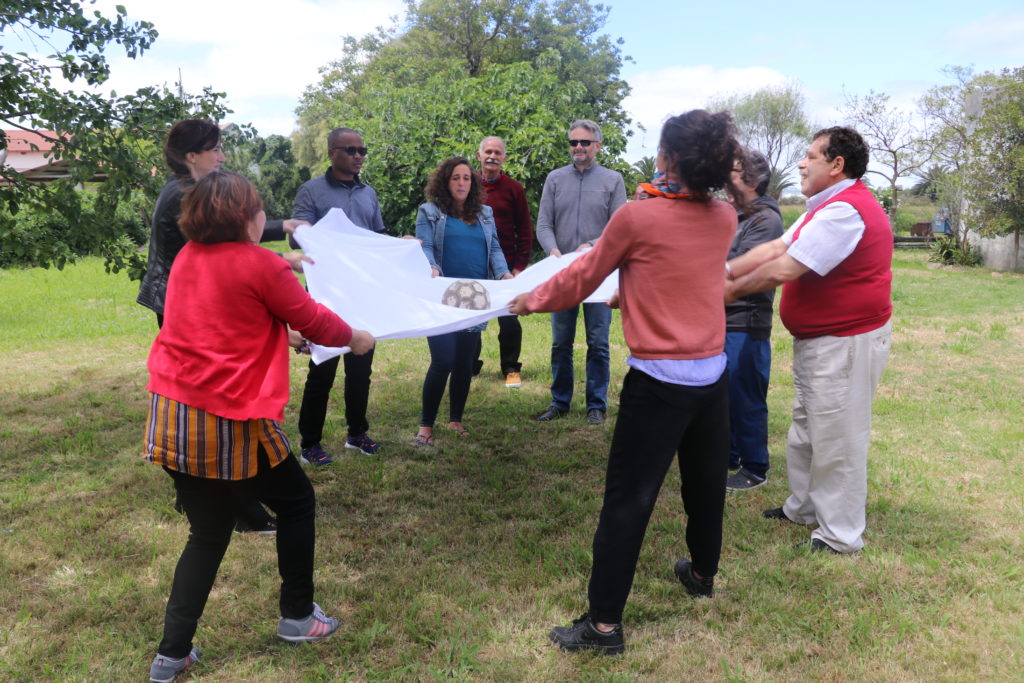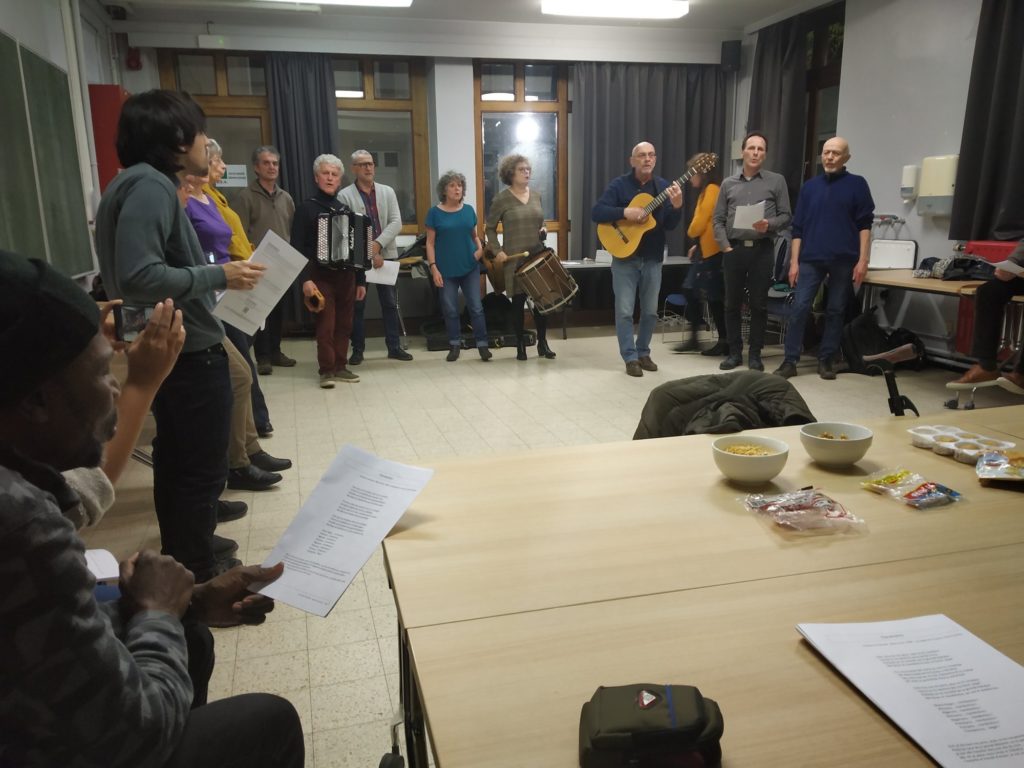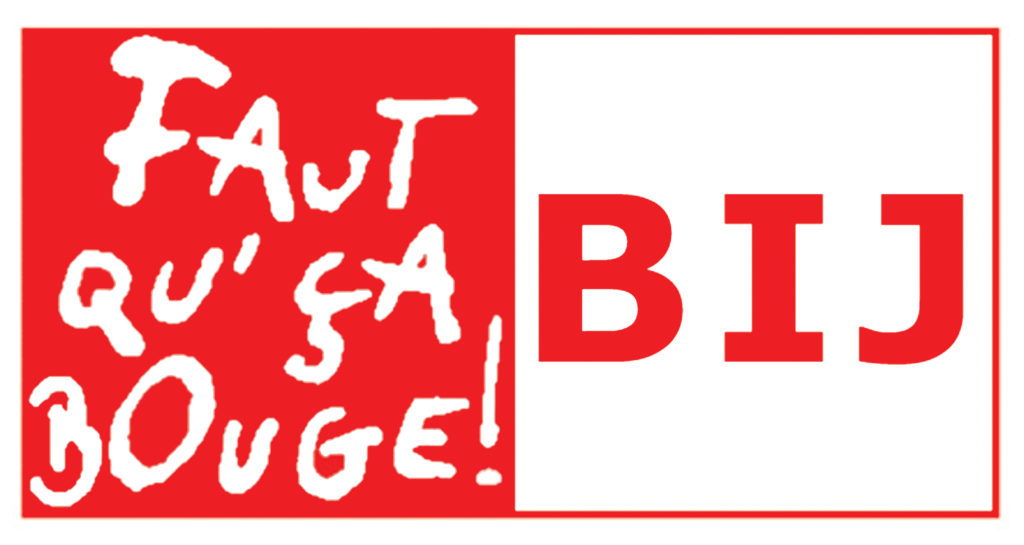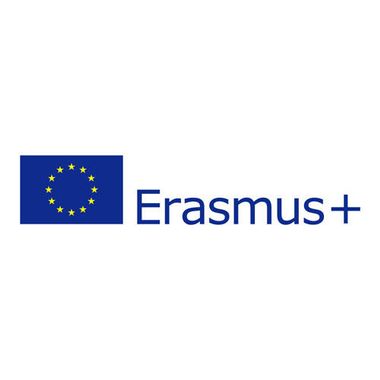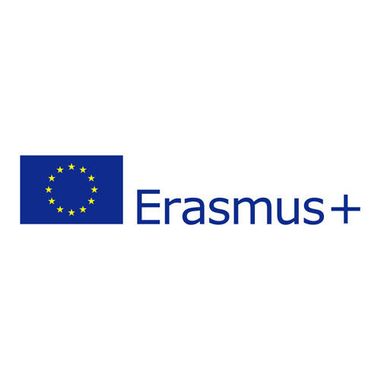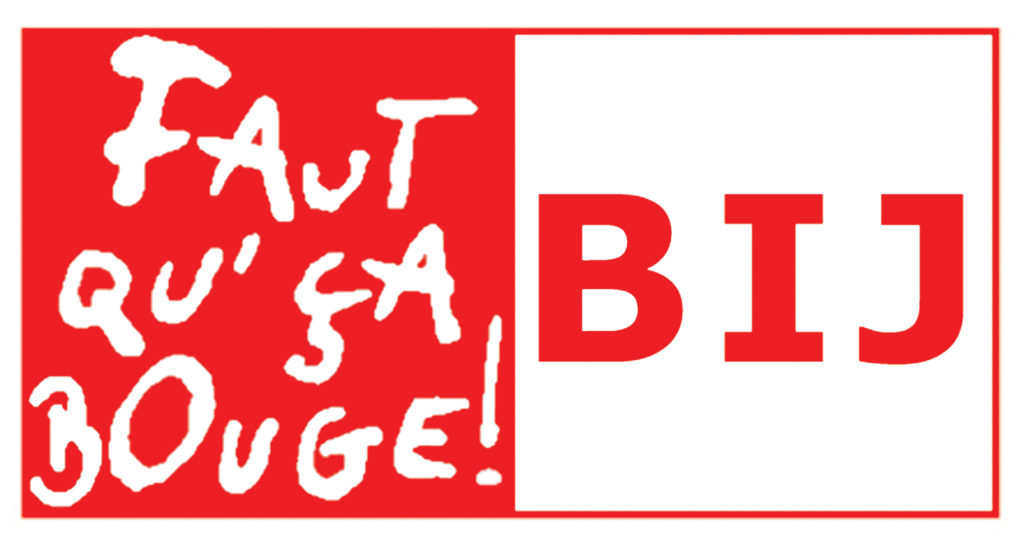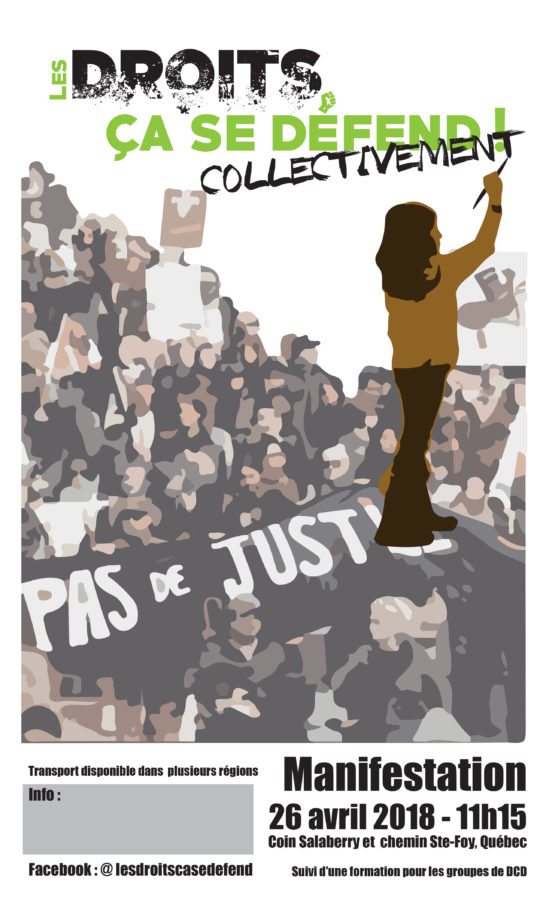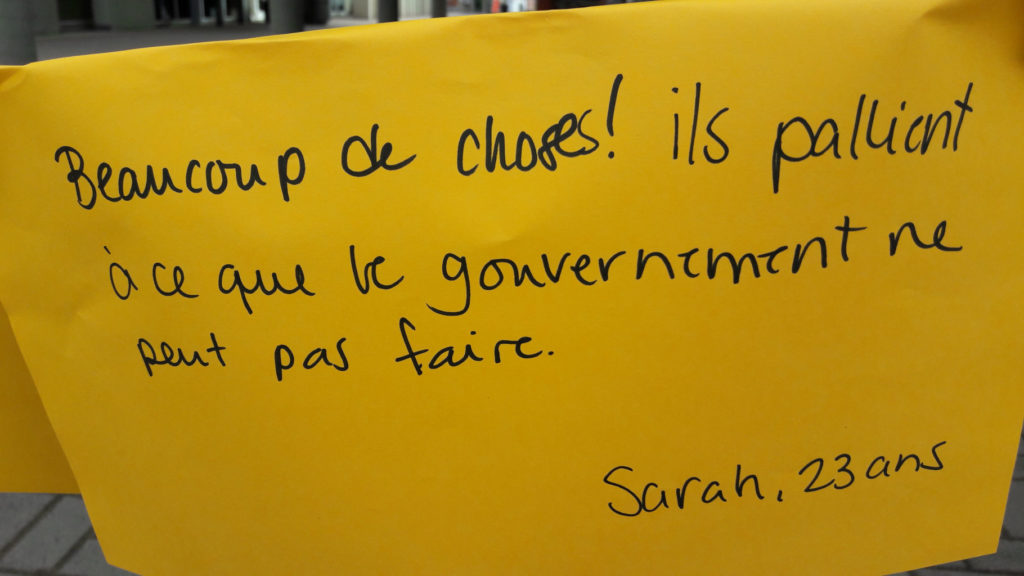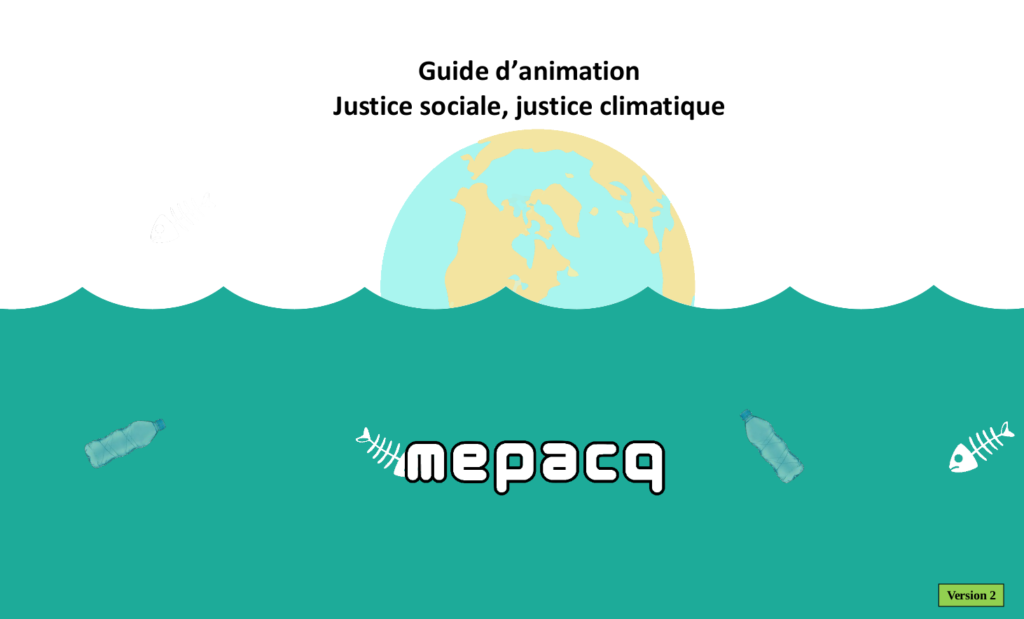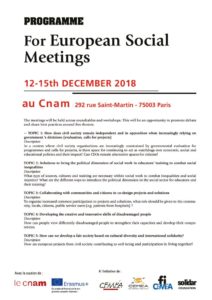The way we look at new education and its values today cannot put aside a part of our history that saw the rise of support for peace movements at the dawn of the 20th century, nourished by humanist and egalitarian values.
To introduce my remarks, I refer to the history of Ficeméa with an excerpt from Marcel Hicter’s speech on the occasion of his taking office as President of the International Federation of Ceméa in 1971 in Paris.
“Culture is not knowledge or scholarship; it is an attitude, a willingness to surpass oneself, one’s body, heart and mind, in order to understand one’s situation in the world and to influence one’s destiny. This is the priority that we give to the more being over the more having. »
For an international federation that is part of the new education movement, culture in its broadest sense is at the heart of the political project that we defend in our work with young people, adults and especially migrants.
Thus, Ficeméa endorses the definition of culture, in the anthropological sense of the term, as defined by UNESCO:
“Culture, in its broadest sense, is considered to be the set of distinctive spiritual and material, intellectual and emotional features that characterize a society, a social group or an individual. Subordinate to nature, it encompasses the environment, the arts and humanities, lifestyles, fundamental human rights, value systems, traditions, beliefs and sciences. »
The challenge is to reinvest culture as a vector of individual and collective meaning and its function of “making society”. Indeed, culture as we understand it in the Ceméa is an activity that creates meaning, supports the construction of imagination that is conducive to the development of creativity and brings social cohesion.
New education movements allow the active participation of the population – and of the whole population – in artistic creation and not only in cultural consumption.
The cultural activities proposed by Ficeméa members for migrants are essential for :
To form and think of culture as an experience of transformation of reality.
Develop the projects of the person who feeds on a collective.
To inscribe a pedagogy of invention, experimentation, in contact with reality.
Make your own knowledge.
Thus, collective artistic creation is a lever for expression, participation, individual and collective emancipation and thus societal change.
At the European level, we have identified three projects that are emblematic of our approach:
Ceméa France, summer 2018: Cultural support project during the Avignon festival for unaccompanied minors or, as they define themselves, “peace seekers”.
EXTRACT SOUND CREATION here
It is divided into 3 parts: a first interview with Alpha at the beginning of the stay, then excerpts from the work on Thomas Joly’s play Thyeste and finally, Alpha’s testimony at the end of the stay.
This stay allowed:
To organize the access, participation and presence in cultural and artistic life of people who are particularly distant from these areas because of their status.
To value the individual and collective history of each person.
To legitimize these “peace seekers” in the respect of their cultural rights, to propose a rich, common space of socialization.
To allow them to distance themselves, to breathe in a hard daily life, exhausting physically and psychologically.
And thus enhance their capacities, their personalities and the importance of intercultural links.
Vagabond Mirror: Alpha-Theatre project
VIDEO EXTRACT, 2 min
Alpha courses are mainly attended by asylum seekers.
Once a year, two weeks of theatre are offered to the 130 learners participating in literacy classes.
The action takes place in several phases:
It begins with playful exercises that build confidence, connect people, and make them want to engage in theatrical practice.
Then gradually, images/photos are constructed from words, feelings and small pieces of text are introduced.
Then, dialogues are learned little by little, taking the time to explain them and being concerned about the comprehension of the texts by the whole group. This work is one of the most important and is based on collective ownership.
Particular attention is paid to the play/mirror of words, the echo of words and their repetition. To promote understanding, words are brought into play by emotion.
Finally, all the pieces of the puzzle are brought together to give a coherent and complete representation. Trainers, learners, families and friends, residents of asylum seekers’ centres, alpha trainers and the local population are invited to attend the representation.
For Le Miroir Vagabond, the theatre is a vector of social link: it allows the inhabitants of a commune to share a moment of theatre with asylum seekers: negative images fade away, a priori and fears fall and we can thus consider the beginning of this notion of making society in the same territory.
By expressing themselves theatrically, by having the opportunity to communicate in French with others and by being valued at the time of the public performance, learners develop personally, create social ties and mobilize in their life course thanks to the confidence in their potential that they have acquired during this training.
Italian Federation of Cemea, Interculturalism: a training for teachers
Teachers want to provide everyone with access to better learning conditions. This road to autonomy is part of an adaptation of content to people in learning situations. Indeed, active education is part of participatory learning processes: teachers offer content that makes sense in an environment and allows the person to experience, understand and empower themselves.
The purpose of teacher training is to increase their ability to understand students’ experiences in order to identify difficulties in their learning context. This approach allows teachers to constantly question their practices.
FIT has created a training module for teachers working in Italian language literacy courses. Based on Paul Klee’s theory of form, the idea is to work on the sounds of a language in comparison with the perception of colours and shapes.
The workshop proposes to teachers a research around colors and abstract images related to the writing of the alphabet and sounds of the Chinese language, thus placing teachers in a situation of learning a new language. This pedagogical approach allowed us to reflect on the problem of language learning; that is, the decoding of sounds in the chaos of language in order to better understand it.
According to the RETE SCUOLAE MIGRANTI teacher network, it is as fundamental to understand as it is to learn a language. The approach is different from learning a classical language. Indeed, a migration project and its motivation have an impact on the methodology. This pedagogy proposes that the elements of learning should be objectives and not foundations. More info by clicking on the link here.
To conclude my remarks, I would like to highlight that the question of migration invites us, in reference to Édouard Glissant, to move beyond confining assignments and think about our identities in relation to the other, to the whole world in this co-presence of universes, imaginaries, spaces and times. And in this way, we can converge our struggles, make the one and the plural.
Sonia Chebbi
